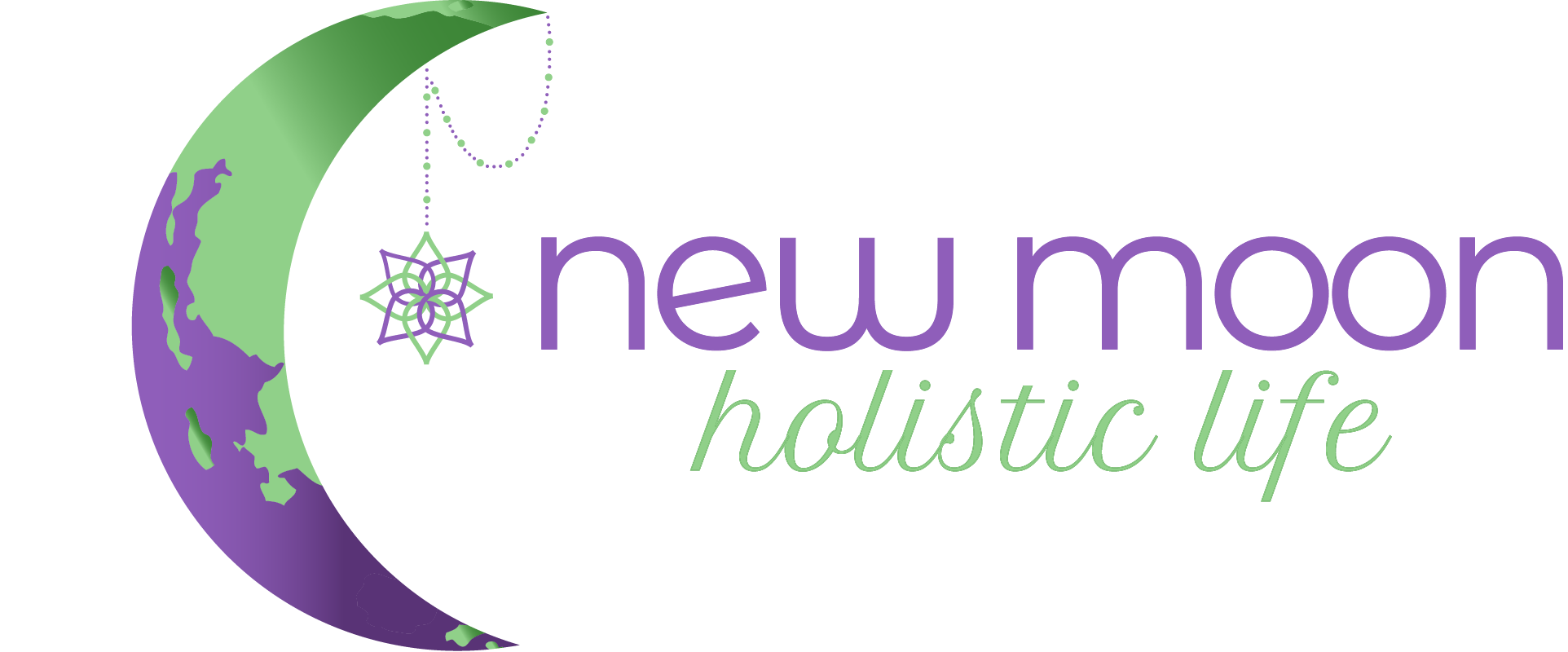
So many of us experience stress on a daily basis, and this is truly harming our body’s health. We need to take our health into our hands and do something about it. In one of my recent articles, Understanding Our Body’s Stress Response, I explained how our body activates our stress hormone and how we can begin to respond to stress differently. Emotional stress is the reaction to the pressures in our everyday lives. In this article, I want to explain how our emotional stress contains the underlying emotions of fear, anxiety, and depression.
We can understand stress and how to manage it by becoming aware of it, controlling our reactions, and understanding our emotions.
Our Awareness of Emotional Stress
The first step to managing our emotional stress better is becoming aware. We need to determine what the sources of our emotional stress are and become aware of the fact that our feeling of stress is just that – a feeling. Our feelings are created when we have a thought about a circumstance. The thought(s) that we have about that circumstance end up creating the feeling of stress. This can be explained better by a model called CTFAR, which is an acronym that means:
C = Circumstance
T = Thought
F = Feeling
A = Action
R = Result
This thought model really demonstrates how an external circumstance can ignite a particular thought about it, which creates a corresponding feeling, an action or behavior, and a predictable result or outcome. To define it further:
C = Circumstance: A circumstance is defined as something that is indisputable. It’s not an opinion, but rather something that most everyone would agree is true. It happens outside of ourselves, and we have no control over it.
T = Thought: A thought is a belief or concept that we form in our mind about something (in this case, about the circumstance).
F = Feeling: A feeling is a vibration in our body caused by the chemicals in our brain. Our feelings occur after we have a thought about a circumstance. Thus, the feelings we have are directly linked to our thoughts about the circumstance.
A = Action: An action is the behavior or process of doing – a conscious decision to act.
R = Result: The result is simply how our actions affected the circumstance or situation.
Now, I want to put this into perspective and show how a situation is seen as a “stressful” situation and how we can start to become aware of our thoughts and feelings.
Circumstance: I worked 50 hours this week because my boss gave me extra work.
Thought: I can’t believe I am working unpaid overtime again, this is ridiculous.
Feeling: I feel frustrated, angry, and stressed out. These feelings are a result of the thoughts that I had about the circumstance.
Action: I’ve been dwelling on the situation and now I’m irritable around my family and we’re not getting along..
Result: Now I’m even more stressed because on top of the tension that exists at my job, there’s now tension within my home and amongst my family members or roommates.
The thoughts that we attach to a circumstance are in our control. We may not have control over the circumstance, but we do have control over the thoughts and feelings that we have about that circumstance. When we have a history of reacting this way, it is normal to continue to react this way. But, when we take the time to look at a situation with a clear and calm mind, it allows us to reassess it differently and take the power back of being in control of how you react. This doesn’t mean that, in this example, you need to accept working overtime at your job. It means that you can handle this situation differently, and make a calm and informed decision of what you would like to do in order to prevent this from occurring over and over again.
Our Reactions Cause Stress
As I mentioned in the example above, and in the CTFAR model, it is always our reactions (thoughts) that activate our stress and our fight or flight response. When you go into full panic mode or become upset, our stress hormones turn on, our adrenaline and cortisol increases, and we feel a loss of control because our body is no longer in homeostasis.
We have to get really honest with ourselves and stop avoiding the feelings that are coming up when we become stressed. We have to accept that we cannot control everything, but we can control our thoughts and our feelings. It’s so common for us to want immediate resolutions to these negative feelings and want to feel better immediately, so we shove those feelings deep down inside, which does not resolve anything. It keeps our body in fight or flight mode, and we avoid that our body is trying to tell us that we are harming ourselves.
We need to view “stressful” situations differently. They are neutral (every situation is neutral until you’ve attached a thought or a reaction to it), and we apply the emotions that we are feeling. We need to see this as a challenge, and have confidence that we will overcome the challenge and grow from it. On the other side of challenges lie so many opportunities that we need to be open to.
Our Uncomfortable Emotions
Emotional stress brings up those uncomfortable emotions that we try to avoid, and that we don’t want to feel. When we don’t have healthy coping mechanisms and stress management techniques, we get stuck feeling stressed, anxious, and depressed.
When we really look at it, the true underlying emotion of stress is actually fear. Stress is the achiever’s word for fear. When people share their stress, it’s really about what they fear. They are scared of letting people down, scared of how others view them, scared of losing their job, etc. But if we can pause in those moments of stress and think to ourselves, “What am I really scared of? What am I worried about?” then we can start to manage the thoughts and feelings that we are having. As a human being, we do have the ability to control our mind and control our emotions. Our reactions create the emotions that we feel.
That is not to say that you will never be stressed again. When we become aware, react better, and manage and work through our emotions rather than avoiding them, we begin to manage our stress much better.
Fear is everywhere. Society markets fear to us. We make decisions out of fear, and we get further and further from our true selves, which does not feel good in our gut, in our core. Take the control back, become aware of your situations and how you are reacting to them. Become breath aware, and just take time to pause and breathe. Put your self-care first, and take care of your body. You have to want to feel better and put in the work in order to start to feel better.

Comments
This is on the money. It’s a detailed description of why the sound of certain people’s voices makes me pivot immediately and walk the other way. Why the smell of the office upon entering it can change my frame of mind, and not for the better. Why a name that pops up in my email automatically triggers frustration.
Work IS required to overcome this. A lot of it, for me.
Absolutely! But, we’re all only human, and these reactions are ingrained in us from years and years of seeing that this is the normal way to react to situations, and the negativity that we hear from others. It all contributes to the way that we have learned to react and form our own thoughts. It’s a lot of work for anyone to change our thoughts and change our reactions, but it’s worth it!